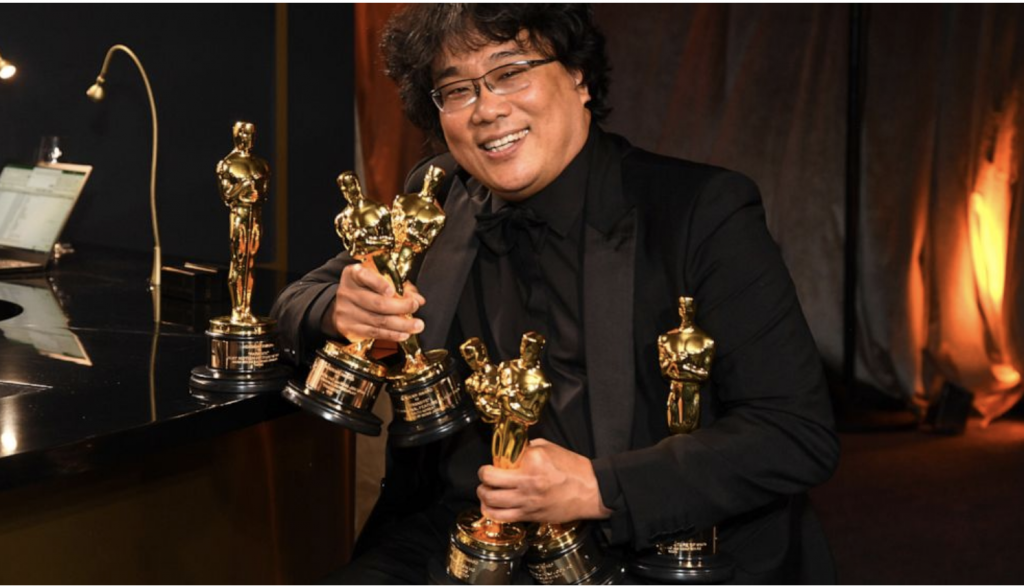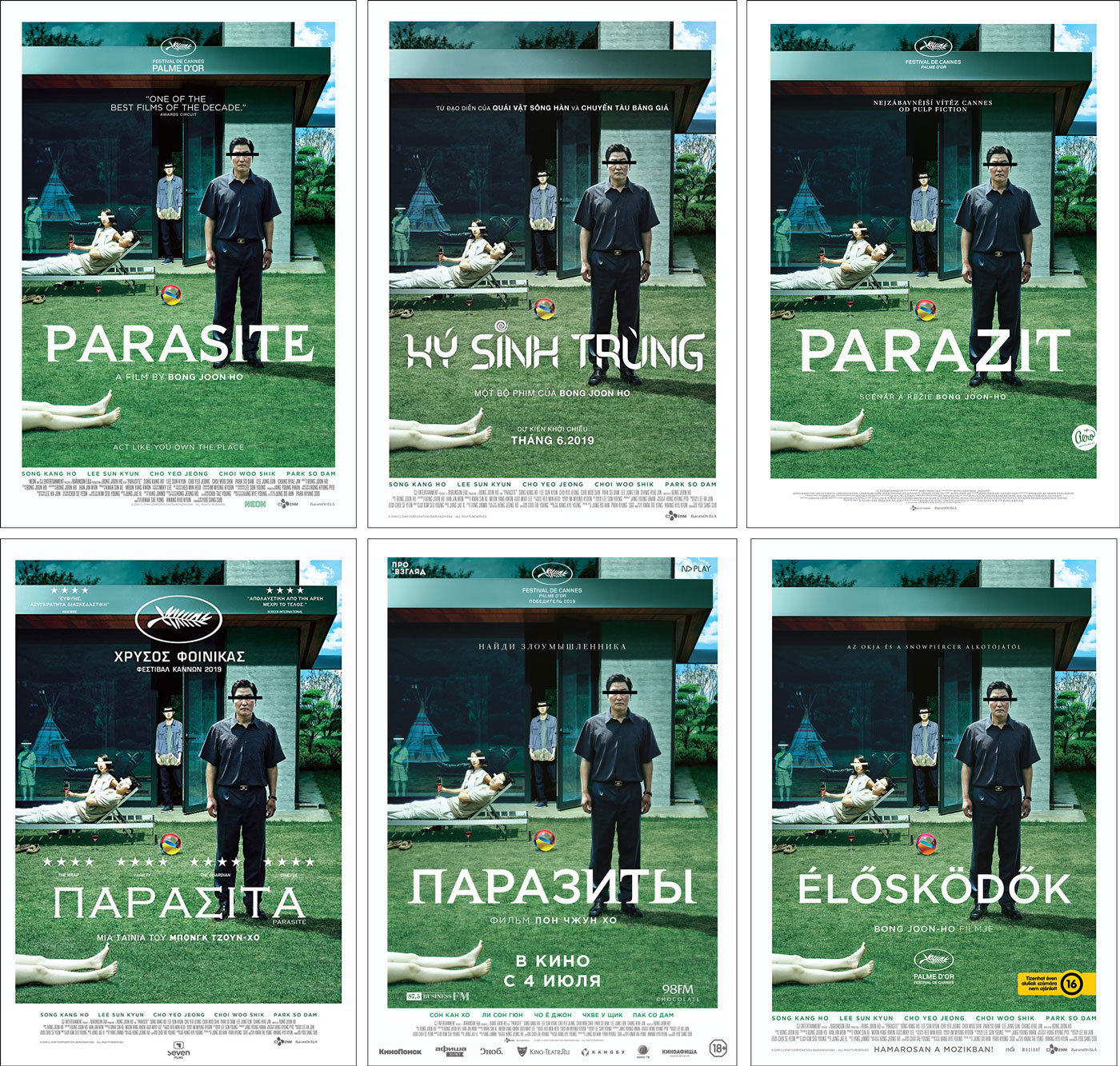Parasite
and the western-centrism
Although Donald Trump was mocking the winning of the South Korean film Parasite of the Academy Awards saying “What the hell was that about? … They give them (South Koreans) the best movie of the year. Was that good?”, it is indeed an unusual case, a non-English and non-Western movie to be winning four Oscars including the Best Picture. Trump’s passing comment shows how the American-centric or Western-centric idea perceives the cultural content from the ‘Other’. The phrase ‘giving the prize to them’ implies the assumption that ‘we’ (Americans) will never be in the position of receiving and learning from the ‘Other’.
Parasite’s Oscar-winning opens up the opportunity for non-English films
As BTS’s success in the mainstream pop music industries, the winning of Bong Joon Ho’s film Parasite suggested people in the film industries be more open-minded and accepting of other languages, and cultures. Bong Joon Ho’s saying, “Once you overcome the 1-inch barrier of subtitles, you will be introduced to so many more amazing films”, shows how English-centric we are, even in terms of consuming cultural contents. Many English-speaking people don’t even try to read the subtitles, which hinder them to discover great films when it is quite normal for those who don’t speak English.
Without a doubt, it was a fair and good decision from the Academy of Motion Picture Arts and Sciences (to give the prizes to Parasite. It plays a symbolic role to open up the fair chances to many other international films to break through the barrier of subtitles. Moreover, many Asian Americans have expressed that they feel proud of the winning of Parasite, as it is about finally gaining ‘recognition’ as ethnic minorities in society. It was indeed big news in South Korea as well, even if Korean cinemas were already beloved among many other Asian countries. It seemed to be a greater deal to be receiving recognition and attention from US Americans.

Parasite satirizes South Koreans admiration of the Americans
The reactions from South Korean media regarding Parastie’s Oscar-winning reveal funny irony as the film was satirizing Koreans’ admiration of the US. In the film, the poor Kims‘ family tried to get into the rich family, Parks‘, and the character Ki-Jung pretends to have studied in America using her fake name ‚Jessica‘. As the film points out, Koreans’ obsession with the US is deeply rooted in society, as many South Koreans are recommended to study in the US just to have a better societal position and reputation in Korea. It also means that Anglo-centric ideas are deeply embedded in many parts of the world, and the media has played an important role in it.
In any case, Parasite contains a very Korean story, but also a universal one in capitalistic societies. It talks about poverty, cultural capital, classes and so much more. If you haven’t watched the film yet, go and watch it despite the barrier of reading subtitles. Perhaps it opens you up to meet great hidden non-English films.

